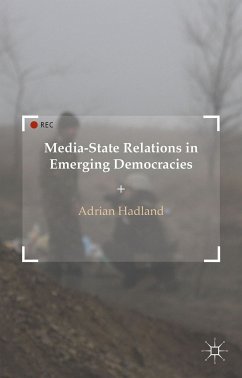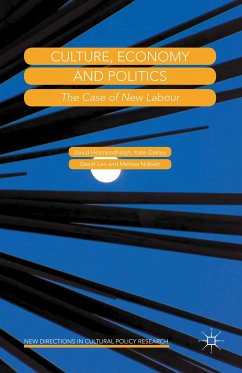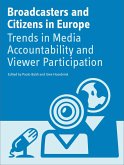What is disintermediation? In wider terms, it indicates the absence of a median entity between two subjects. As isknown, it was a term born in the economic-financial sector, which then spread to different areas of social life. Thisvariety of uses hasmade it ambiguous, an ambiguity that can develop on two levels. The first is almost inevitablebecause it is the consequence of its varied use. By disintermediation we can mean, for example, the absence ofmediators during an economic negotiation, the possibility of buying a plane ticket without travel agency costs, or thedynamic that is created between society and institutions with the use of Internet in the political arena. From thispoint of view, the word is ambiguous because it is overly generic. Thesecond level of ambiguity relates to therelationship between disintermediation and democracy because, on the one hand, it allows us to accept therequests of citizens who want a moredirectandtransparentrelationship with the political elites, and, on the other,it risks making some elements of representative government even more brittle, especially by undermining theirlegitimacy. As the title suggests, this book explores this second level of disintermediation ambiguity, offering a seriesofcontributions that, using different approaches, highlight also the moredangerousaspects that risk evenundermining some keystones of liberal-representative democracy.
Bitte wählen Sie Ihr Anliegen aus.
Rechnungen
Retourenschein anfordern
Bestellstatus
Storno









